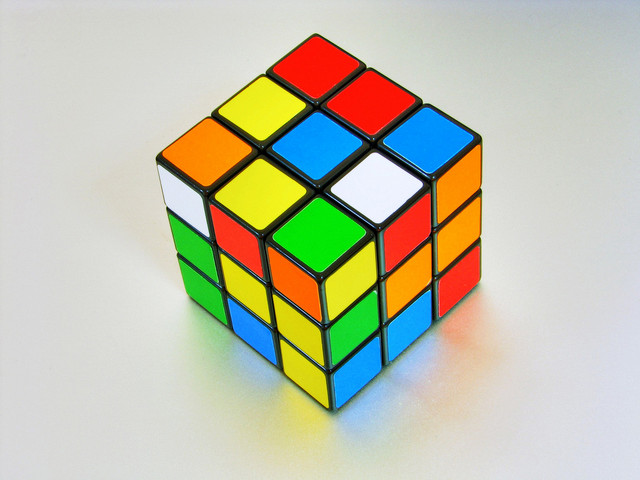How many squares do you see?
How many squares do you see?
Boy Scout on the plane
A doctor, a lawyer, a little boy scout and a pastor were out for a Sunday afternoon flight on a small private plane.
Suddenly, the plane developed engine trouble. In spite of the best efforts of the pilot, the plane started to go down.
Finally, the pilot grabbed a parachute, yelled to the passengers that they had better jump, and bailed out.
Unfortunately there were only three parachutes remaining.
The doctor grabbed one and said "I'm a doctor, I save lives, so I must live," and jumped out.
The lawyer then said "I'm the smartest man in the world, I deserve to live!" He grabbed a parachute and jumped, also.
The pastor looked at the little boy scout and said, "My son, I've lived a long and full life. You are young and have your whole life ahead of you. Take the last parachute and live in peace."
The little boy scout handed the parachute back to the pastor and said "Not to worry, Preacher. 'The smartest man in the world' just jumped out with my back pack."

